Thinking About Living in Denmark? Here are the 3 Best (and Worst) Things
Thinking about living in Denmark? In this post by Kay Xander Mellish (bio at end of the post) you’ll learn about the best and the hardest things about living in Denmark as an expat.
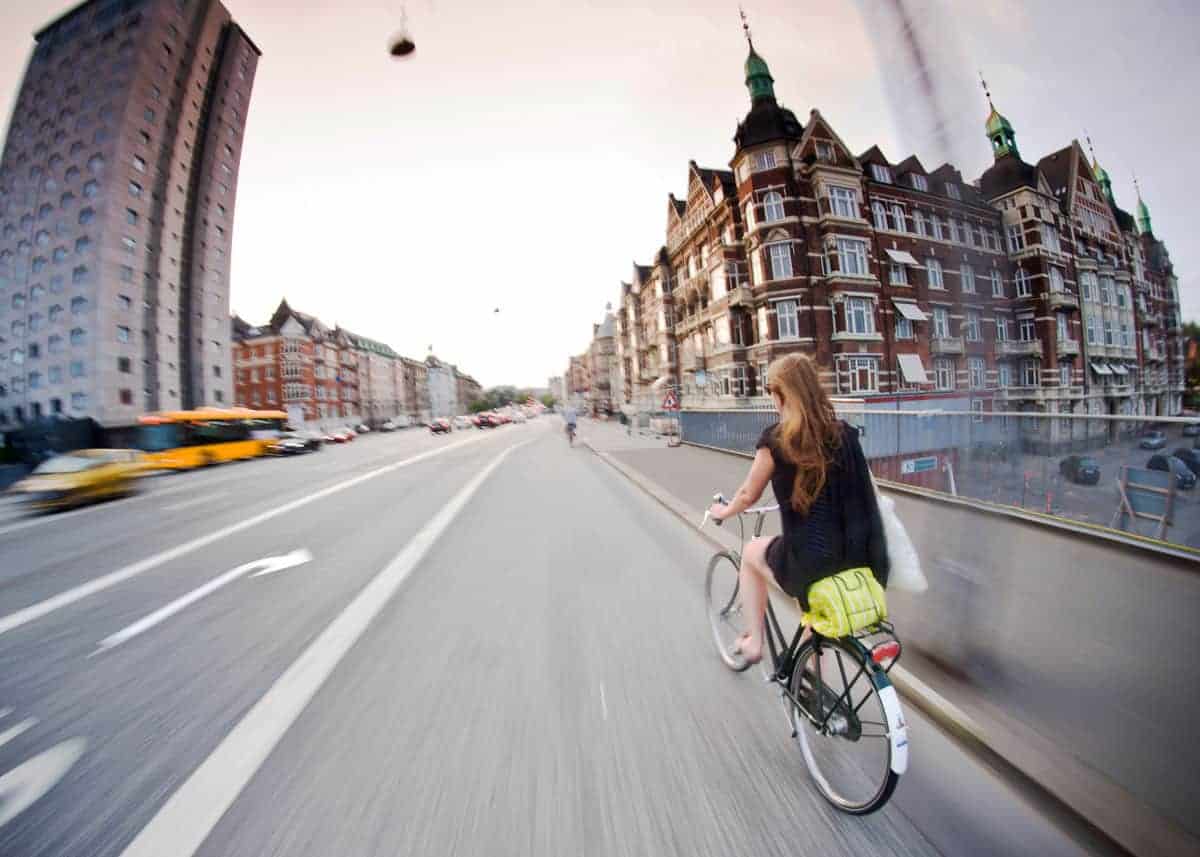
3 Best (& Hardest) Things about Living in Denmark
As a blogger about living in Denmark, I’m often asked what I like about living here. I generally tell people it’s a pleasant, peaceful, clean place to live, with government services that work well and a low-pressure environment.
But there were some difficult aspects to adjust to when I first moved here.
There are a few things everyone struggles with, like the administrative headaches of getting the right visa, the challenge of finding a place to live in popular cities, and the high Danish taxes that make it difficult to save money.
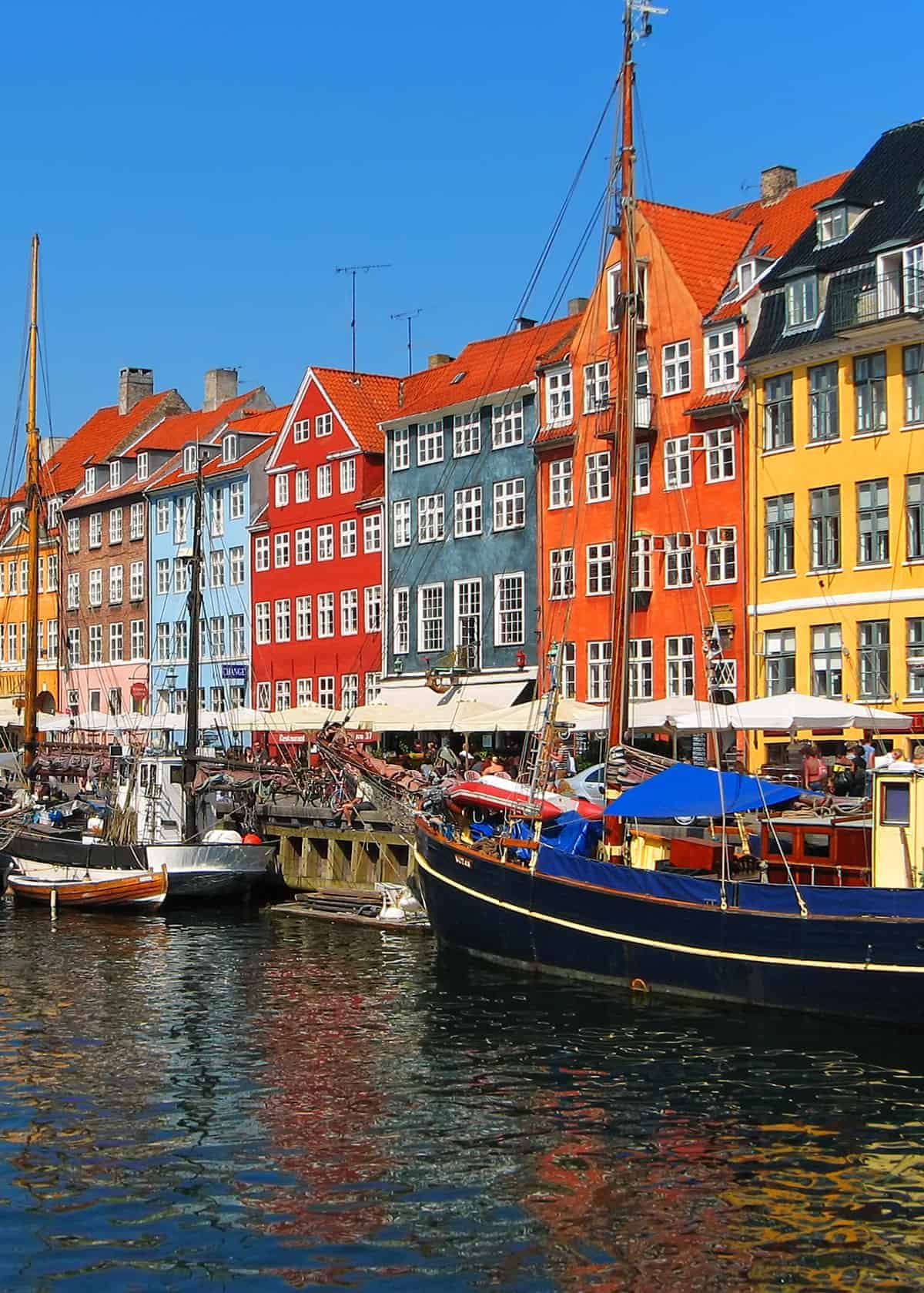
3 Hardest Things About Living in Denmark
But there are other, more subtle factors at play too. Here is my list of the three hardest things about life in Denmark for foreigners.
1. Learning the Danish language
If you’re wondering if it’s worth it to learn Danish, my answer would be yes, particularly if you plan to stay in Denmark for more than a couple of years.
Danes begin learning English in school when they are only 6 years old and become very proficient by their teens, but they still prefer to speak Danish in their free time with friends. By not learning the language, you could find yourself the odd person out at any social event.
Not knowing Danish will also limit your job prospects, since about half of all Danish jobs are with some level of government, and almost all of them require you to speak the national language.
Danish can be a tough language to learn, even if you already speak English and perhaps German. Unless you’re a gifted learner, plan on at least 2 years before you can speak it reasonably well.
2. The Danish weather
Danes love to complain about their own country’s weather, which is usually gray, rainy, and cold from roughly October to March.
From April to September, you can get lucky with some gorgeous sunshine – or it can be gray, rainy, and cold all summer as well. There’s a classic Danish song that goes “Danish summer, I love you – but you have disappointed me so often.”
More difficult for many newcomers are the long hours of darkness during the winter, when weak sunlight emerges for only a few hours each day.
If you’re thinking about moving to Denmark, make sure you have a hobby or something else planned for the Danish winter nights.
3. The loneliness
Danes are wonderful, reliable, gentle friends – once you’ve had a chance to make friends with them. The problem is, that’s not always easy, particularly when you’re past your university days.
The truth is, many Danes make lifelong friends in childhood, and aren’t necessarily looking for new ones as adults. They will be friendly in professional situations, but that doesn’t mean they’re interested in inviting you and your partner home for dinner.
If you’re interested in making Danish friends, the best way to go about it is to join some kind of group – choral groups are very popular in Denmark, and so are running clubs.
Other options include religious groups – local churches and mosques often have community get-togethers – political groups, or volunteering to teach kids at a local football club or dance studio.
When you try out these activities, be ready to take the initiative and begin the conversation with the Danes around you. They may not want to “bother” you by coming up to you, but in a group situation, they’ll likely be happy to chat if you chat with them first.
And go alone. There’s no point in joining a Danish group and bringing along someone from your home country you’ll just end up chatting with the whole time instead of making new friends.
Denmark can be a wonderful place to live. Continue reading to learn about the three best things about moving to Denmark.
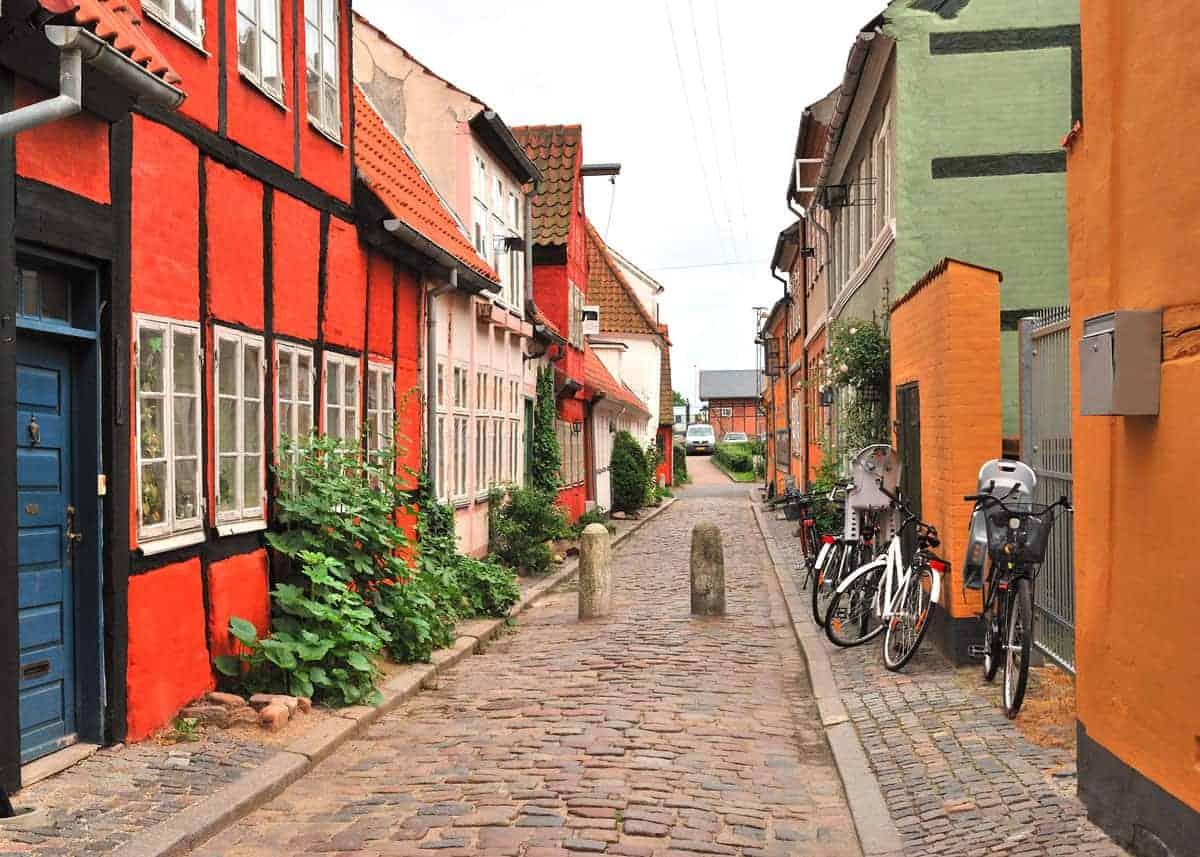
3 Best Things About Living in Denmark
It didn’t take long for me to come up with this list of the best things about living in Denmark.
1. More time to live, less focus on work:
The Danes are hard workers and they like to do their work well – but they also like to do it within Denmark’s 37.5-hour legal work week.
If you are working in Denmark, there are few brownie points for staying overtime, and you’ll find Danish offices pretty much empty at 5pm. The parents of small children often leave at 3:30 or 5:00 to pick them up from their government-subsidised child care.
That means you’ll have more time to focus on your home life and your family, if you have one, or your favourite hobbies if you don’t.
2. Public health care:
While health care in Denmark is not “free” – you’ll be paying for it with a healthy bite of every paycheck – it doesn’t require any money out of pocket at the point of service.
You’ll be issued a small yellow plastic card that looks like a credit card when you arrive in Denmark, and that “yellow card” can be used for everything from checking out library books to checking into the hospital.
Take the little card with you when you visit your general care doctor, scan it in her reception machine, and the administrative part of the visit is finished. No forms to fill out, no bills, no hassle.
3. Professional child care:
In Denmark, it’s taken for granted that both parents will work outside the home, so an excellent system of subsidized childcare has been established.
Most children in Denmark begin going to childcare when they are a year old or even younger. They are taken care of by trained professionals, and begin to learn both the Danish language and the Danish social rules, such as working in groups and taking turns.
How much you pay will depend on the Danish municipality where you live. In Copenhagen, for example, the price was DK3732 per month in 2018 (about EUR 500) and you may get a special price cut if your income is very low or if you have more than one child attending.
It’s considered poor parenting in Denmark not to send your child to public daycare. Even the children of the Danish royal family attend, including the future King Christian XI.
Denmark is a great place to live, but fitting in isn’t always easy.
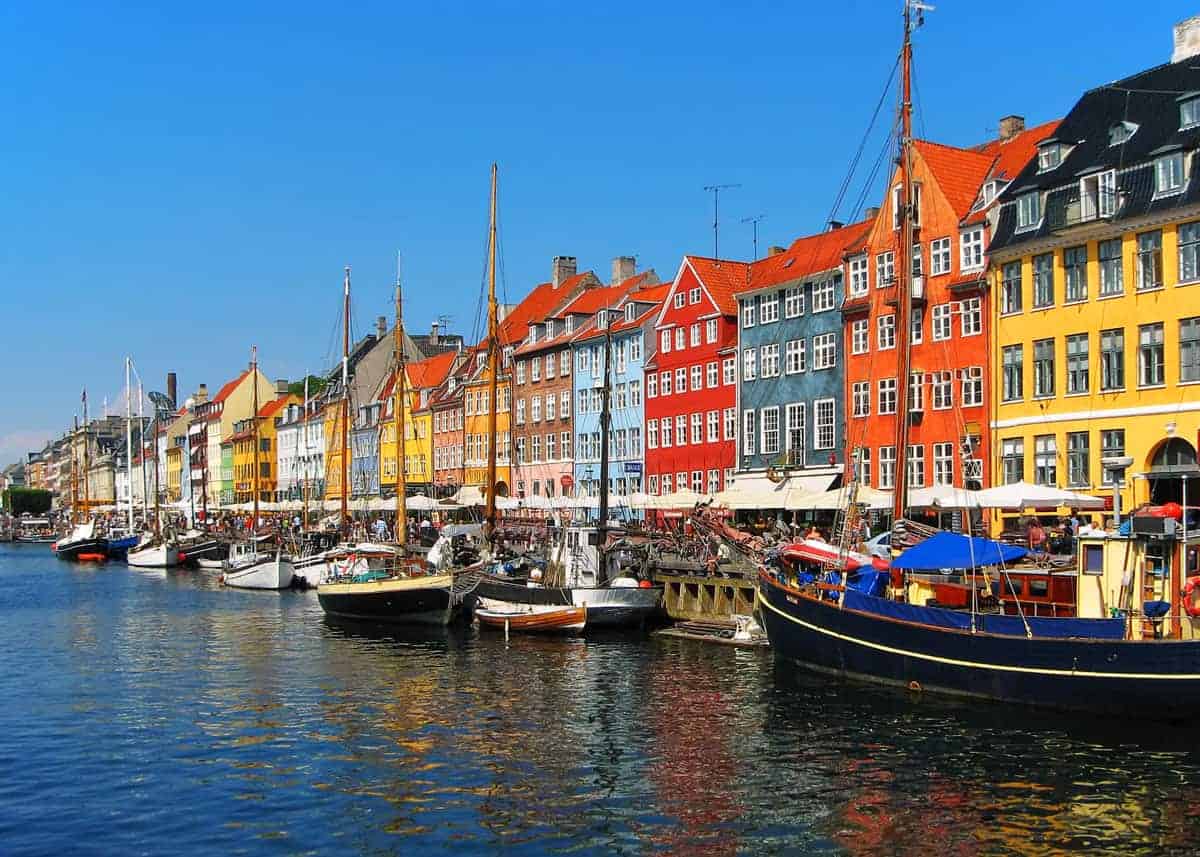
Bio: Kay Xander Mellish is a blogger, author, and popular public speaker in Denmark, and has appeared for corporations, schools, and professional groups everywhere from Ringkøbing to Vordingborg to Vejle to Als to Sønderborg to Brande to Kalundborg to Herning to Copenhagen and Aarhus.
She also speaks around the world as an expert on Danish business culture.

Hungry for more? Check out: The Year of Living Danishly: Uncovering the Secrets of the World’s Happiest Country




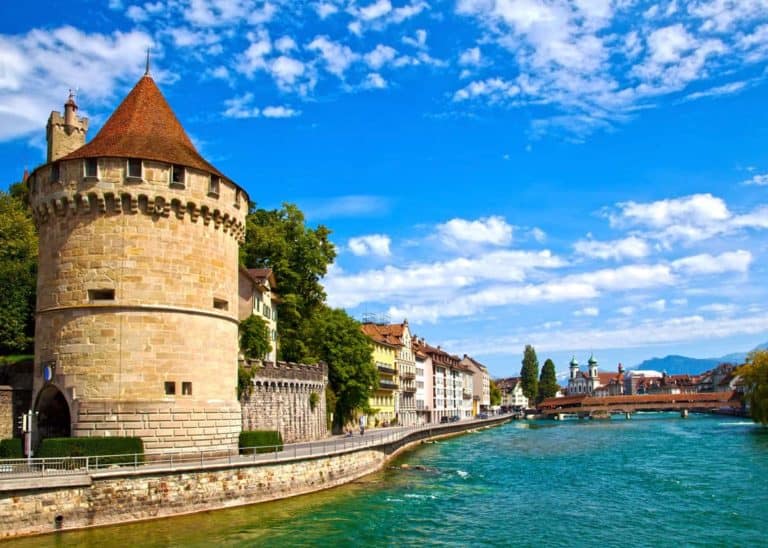

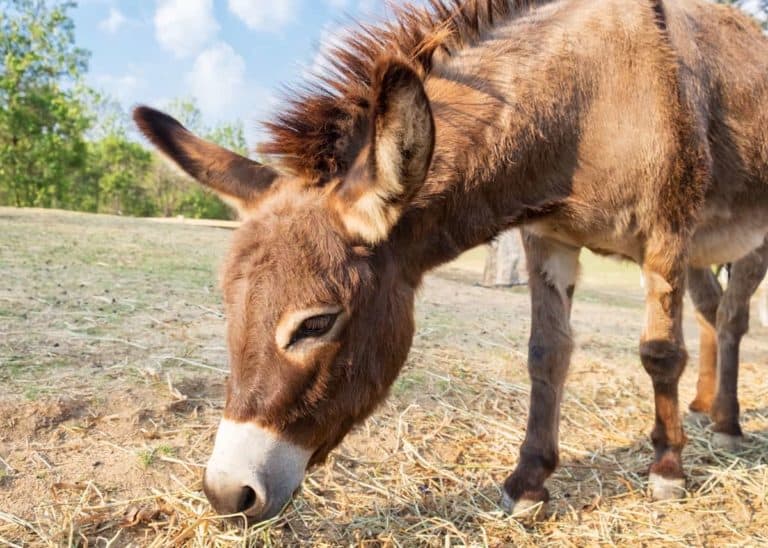
Hi Bryan haines,
Thank you for this beautiful post, I love Denmark! I will like to have a conversation with you.
Kindly drop your email or. Mail me foladotbyte@gmail.com
Denmark Environment is very nice and excellient . So , I would like to communicate with you . My contact number + 88-01917380713 ( whats app)
I love Denmark
An interesting article. I lived in Denmark for two years, 1964 and 1965. I was an officer in the U.S. Air Force, and assigned to NATO at Air Station Karup. I understand it is now an airport. The language was very difficult for me, and what little I acquired is long forgotten. Fitting in was not a problem, as I was working with many nationalities from NATO countries. My Danish boss and I were friends, although I ultimately answered to a U.S. Air Force Colonel. We were so fortunate to have been able to rent a private home from a Danish Major who was assigned elsewhere. We lived in the one house on Hald So. I am retired, and so is my wife. Our children are grown. Is it possible to live in Denmark as a retired person? We would prefer a small town, maybe something like Viborg as an example. But we are open to suggestions. I would welcome your thoughts on this matter.
@Carroll Sturgis, I have been retired almost 10 years and would love to move to Denmark to study the Danish language and learn photography, the Viking culture and everything historical about the Danes. On top of that, I am single and would like to find a possible husband. Am I asking too much here?
Me i love this kind of services to citizen especially Public health care